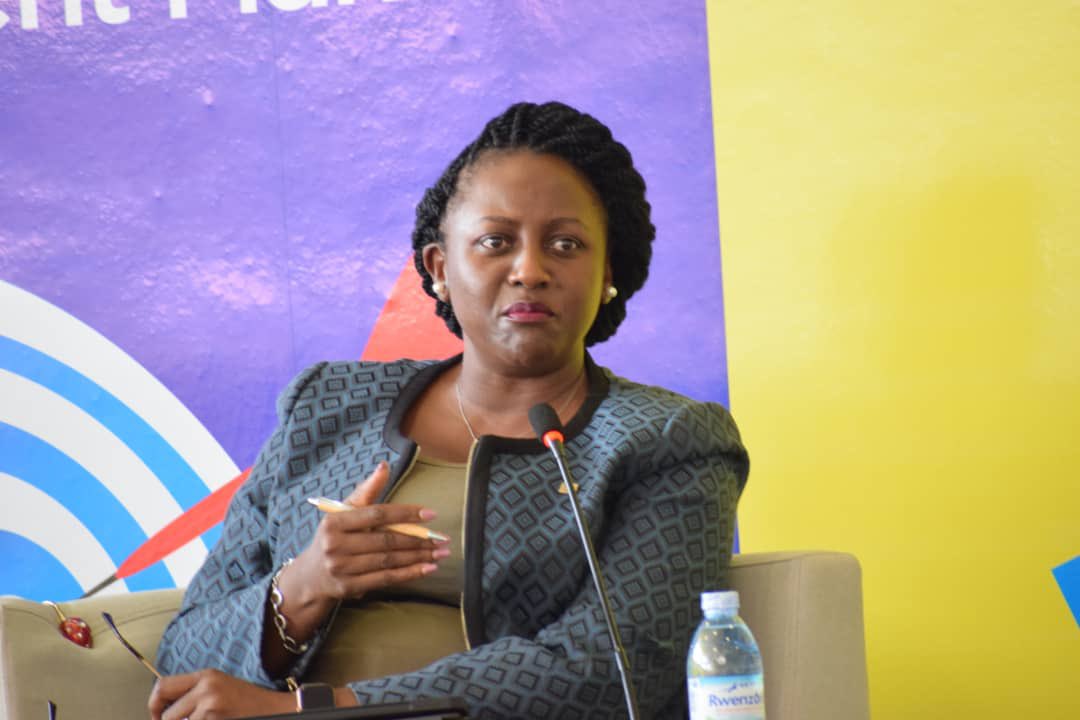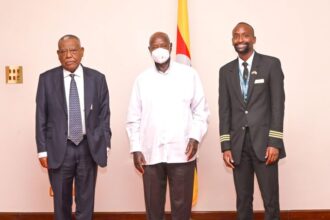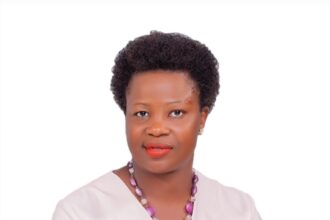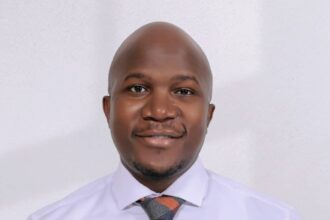By Najib Mulema
A total of 10 million (54 percent) Ugandan adults did not borrow money from either formal or informer lenders in the past 12 month.
This was revealed during the launch of the FinScope 2018 financial inclusion survey that took place on Wednesday at Kampala Serena Hotel.
While presenting the results of the survey, Ms. Irma Grundling, the Managing Director of Yakini Development Consulting said most Ugandan adults did not borrow money in the last 12 months because of the fear of not being able to meet the repayment terms whereas some don’t believe in borrowing.
“Ugandan adults are risk averse- 54 percent (10 million) did not borrow in the 12 months prior to the FinScope survey-the main barrier being fear of not being able to meet the repayment terms followed by not wanting to borrow because they don’t believe in borrowing,” she disclosed.
Ms.Grundling also noted that 8.5 million (46 percent) Ugandan adults borrowed money during the last 12 months whereby 53 percent of the borrowers got the money from family/friends, 46 percent borrowed from saving groups/Village Savings and Loan Association (VSLA), 3 percent borrowed from SAACO, 3 percent borrowed from Banks and 9 percent from other forms of lenders.
According to the report, most Ugandan adults feel most confident to borrow money from family members or friends and saving groups because they provide the quickest access to money.
On the other hand, the report also indicates that 78 percent of Ugandan adults are financially included whereby 58 percent use formal financial services and 20 use only informal financial services.
At the same event, Mr. Louis Kasekende, the Deputy Governor Bank of Uganda commended Financial Sector Deepening Uganda (FSDU) together with its partners for coming up with a genuine and important survey.
He said the FinScope survey is a key tool for assessing the impact of current policies and future policy planning as well as implementation.
“The key to effective policy making is accurate information. The FinScope report 2018 therefore is a key tool for assessing the impact of current policies and future policy planning and implementation,” remarked Mr. Kasekende.
Speaking on behalf of Finance Ministry Permanent Secretary, Assistant commissioner, financial services department Mr. Henry Mbaguta disclosed that the ministry has been working on processes to provide policies conducive to financial inclusion in Uganda and in the near future more Ugandans will be financially included.
Meanwhile, Mr. Protazio Sande, Chairperson FinScope Steering Committee said they used a three-stage stratified sampling approach to arrive at a representative sample of individuals aged 16 years and older.
After the approach, Mr. Sande stated that they looked at a sample of 3,002 respondents who were drawn carefully and scientifically from the entire population to obtain their final report findings.
Ms. Gertrude Karugaba, the Board Chair for FSDU observed that the survey will help to guide both policy makers to develop policy aimed at promoting financial inclusion and improving the functioning of financial markets, as well as private service providers in the design of strategies to deliver financial services to customers.
Ms. Jacqueline Musiitwa, the FSDU Executive Director said her organization is proud to be one of the many players committed to ensuring Ugandans are financially included.
“FSDU is proud to be one of the many players committed to ensuring Ugandans are financially included. The 78% inclusion is remarkable progress and we plan to continue until there is universal inclusion. We are committed to the implementation of the National Financial Inclusion Strategy and achievement of financial inclusion as it helps Iganda achieve the Sustainable Development Goals,” she said.
Ms. Musiitwa also added that the data from the report gives stakeholders more up to date and accurate data on the nuances of financial inclusion that can help policy makers, financial services providers, donors create policies and products to be able to serve more Ugandans.
However, she stressed out that there’s a need for all players in the sector to move beyond financial inclusion and push for financial health despite the improving statistics on inclusion.
“Although we the statistics on Inclusion are improving, there is a dire need for all players in the sector to move beyond financial inclusion to the push for financial health. We need to ensure that a farmer, for instance, moves from getting paid by mobile money for her crops and her taking that money out as cash to the same farmer being able to use her money to pay for her child’s school fees, to borrow, access insurance and save all with ease, at an affordable price and with the intention of those financial services making her less vulnerable to shocks,” Ms. Musiitwa asserted.
FinScope is a national survey, conducted every three years to gauge the level of financial inclusion in Uganda. It was designed to determine how individuals 16 years or older manage their money, the extent to which they use financial services to do so, and to monitor changes in levels of financial inclusion overtime.
Do you have a story in your community or an opinion to share with us: Email us at Submit an Article






